Sujet Anglais LV2 IENA 2011
Cutting out the middlemen
When the workers in the City of London head home each evening, a hidden legion of homeless people shuffles out of the shadows to reclaim their territory. The Square Mile has more rough sleepers than any other London borough except Westminster: 338 were identified by Broadway, a charity, over the
past year, most of whom had spent more than a year on the streets. Policymakers have long struggled to find ways to shift such people, some of whom take deluded pride in their chaotic circumstances, resist offers to come in from the cold and suffer from severe drug, drink or mental-health problems
(sometimes all three). Broadway tried a brave and novel approach: giving each homeless person hundreds of pounds to be spent as they wished.
According to a new report on the project by the Joseph Rowntree Foundation, a think-tank, it worked – a success that might offer broader lessons for public-service reform and efficiency. The charity targeted the longest-term rough sleepers in the City, who had been on the streets for between four and 45 years (no mean achievement when average life expectancy for the long-term homeless is 42). Instead of the usual offers of hostel places, they were simply asked what they needed to change their lives.
One asked for a new pair of trainers and a television; another for a caravan on a travellers’ site in Suffolk, which was duly bought for him. Of the 13 people who engaged with the scheme, 11 have moved off the streets. The outlay averaged £794 per person. […] None wanted their money spent on drink, drugs or bets. Several said they co-operated because they were offered control over their lives rather than being “bullied” into hostels. Howard Sinclair of Broadway explains: “We just said, ‘lt’s your life and up to you to do what you want with it, but we are here to help if you want.”
This was only a small-scale pilot project -though its results have been echoed by others elsewhere in Britain- but it underlines the importance of risk-taking in the provision of public services. ln this case, although finance directors (and many voters) might balk at buying the homeless caravans, the savings should outweigh the costs. Some estimates suggest the state spends £26,000 annually on each homeless person in health, police and prison bills.
The scheme also reinforces the view that handing control to the users of public services, even in unlikely circumstances, can yield better results. It is perhaps the most radical application yet of “personalised budgets », increasingly used in Britain for the disabled and chronically ill. [. . .]
The Economist Nov 4th 2010
I. VERSION (sur 20 points)
Traduire le titre et à partir de “When the workers …” jusqu’à “…as they wished”. (De la ligne 1 jusqu’à la ligne 8)
II. QUESTIONS (sur 40 points)
1. Question de compréhension du texte.
What recent experiment has been carried out in England to deal with homelessness?
(150 mots + ou – 10%* ; sur 20 points)
2. Question d’expression personnelle.
Public help, individual generosity or both? Which approach would you support to help those in need?
(250 mots + ou – 10% * ; sur 20 points)
* Le non-respect de ces normes sera sanctionné. Indiquer le nombre de mots utilisés.
III. THÈME (sur 20 points)
1. Les cinq meilleurs chercheurs du pays ont été convoqués par le premier ministre.
2. Les résultats économiques de l’année écoulée sont bien meilleurs que prévu.
3. La plupart des gens prétendent faire preuve d’honnêteté.
4. Le Prince de Galles donne de moins en moins de conférences.
5. Quoi qu’on en dise, les frais de scolarité doivent être augmentés.
6. ll y a encore cinq meubles à descendre, puis nous pourrons aller chercher les bagages.
7. Cela faisait quinze ans qu’on n’avait pas vu de telles inondations.
8. Il faudrait qu’il fasse réparer son lave-vaisselle dès que possible.
9. On dit de cette voiture qu’elle est la plus économique jamais produite.
10. En dépit des difficultés que connaît la croissance, l’économie du pays demeure stable.





























